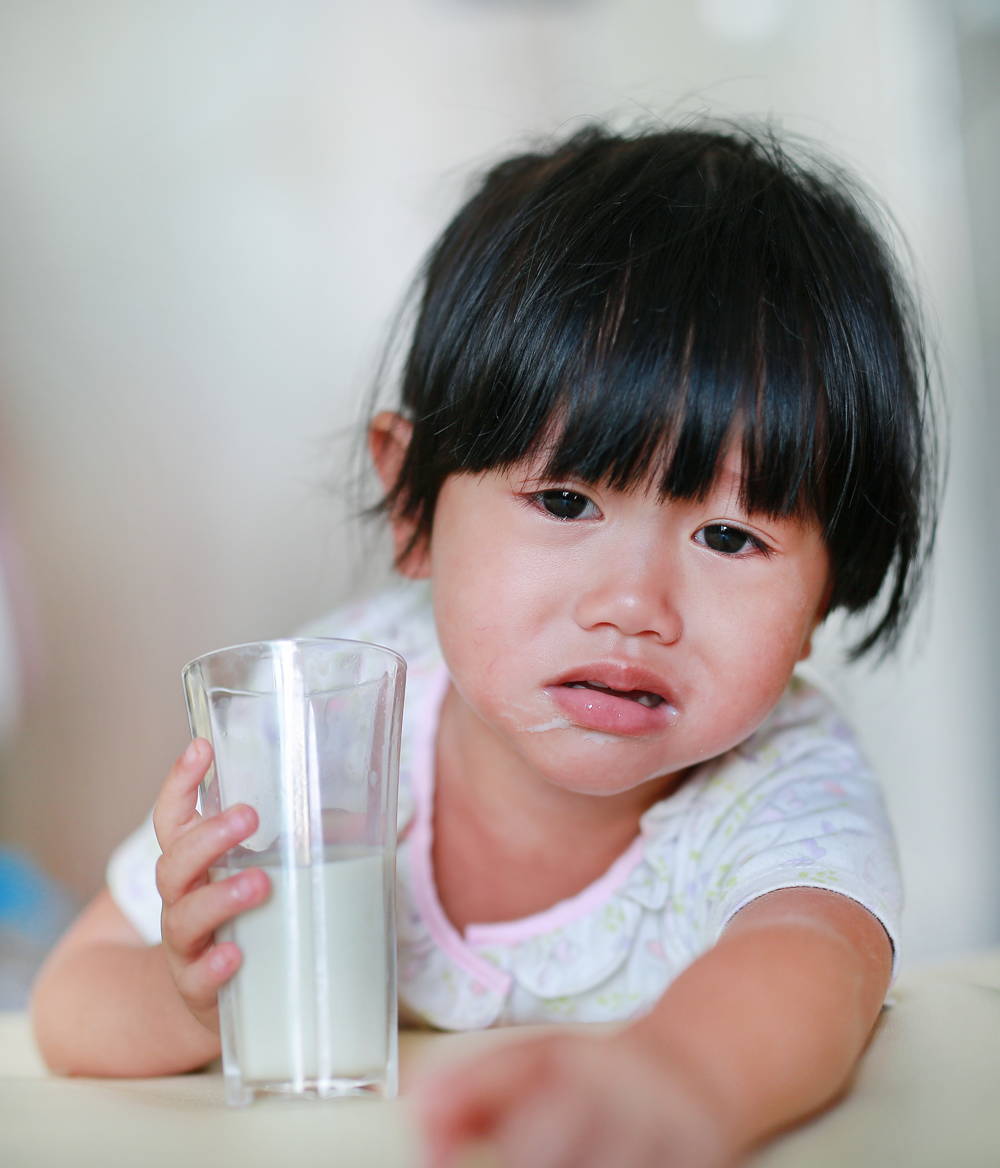A recent scene in the 2018 movie Peter Rabbit resulted an apology from Sony pictures. The scene? Using an allergy to blueberries as a tool to defeat the “evil villain”, the use of an epi-pen giving it a disturbing finish. For the 2 million people living in UK with a known food allergy, this scene felt insensitive, especially for children learning how to cope with their allergies. According to a report by the Food Standards Agency, UK, 5-8% of all children in UK have some kind of food allergy. With a rise in allergy-incidence in the last 20 years, let’s equip our families about what it’s all about and what we can do about it.
WHAT IS A FOOD ALLERGY?
A food allergy is a medical condition in which introduction of certain foods triggers an immune response of the body. The immune system mistakes the proteins in these foods (‘allergens’) and starts attacking the body, leading to a physical reaction.
FOODS THAT COMMONLY CAUSE ALLERGIC REACTIONS
Any food can cause an allergic reaction. However, there are a few foods that have been recognized as the most common foods that cause allergy. When introducing these foods to your child, keep an eye out for any subsequent physical reaction.
Foods such as peanuts, tree nuts (walnuts, almonds, pine nuts), milk, eggs, soy, fish, shellfish, and wheat have been known to cause an allergic reaction in children.
Reference – https://www.webmd.com/allergies/food-triggers#1
SIGNS AND SYMPTOMS
An allergic reaction is divided into mild, moderate and severe, depending on the extent and involvement of one or more organs.
Mild and moderate allergic reactions are seen as:
- Redness and itchiness around the ears, mouth and throat.
- Nausea and vomiting
- An inflamed rash seen all over the body (urticaria)
- Swellings of lips, eyes and face
- Abdominal pain
A severe allergic reaction is known as anaphylaxis. It is a life threatening condition that requires immediate intervention. It is not necessary that a mild or moderate reaction arises prior to anaphylaxis, thus all the more reason to be vigilant.
Symptoms of a severe reaction (which includes the cardio and respiratory system) are:
- Difficulty in breathing
- Swelling of tongue
- Dizziness or fainting spells
- Hoarse voice
- Rapid heart beat
- Uneasy feeling such as tightness in the chest, a feeling of doom
- Wheeze or persistent cough
TREATMENT OF FOOD ALLERGIES IN CHILDREN
First of all, consult with your GP. Self diagnosing an allergy is a big no-no, as only a trained professional can administer a allergen test and suss out the causative food through patient history and examination. If your child does have an allergy, it is important for your doctor and NHS to have it on record.
Know and avoid your triggers. Make sure you read the labels on each and every packaged item to make sure that there isn’t any allergen listed. When eating out, make sure you’ve made your hosts aware of the dietary requirements. Make sure you’re cleaning your utensils properly to avoid contamination. While this may sound extremely over the top, the smallest hint of the allergen-laden food can result in an allergic reaction in the child.
Be prepared with the necessary medication at home or on your person. If your child is having a mild or moderate reaction, anti-histamines prescribed by your pediatrician will help the symptoms subside. In the case of anaphylaxis, using an epi-pen is the only way to make sure the airway is patent and your child in not in danger. Always keep an epipen on you or your child, no matter where or for how long you are going to be out. After using the medication/epi-pen, make sure you go to the hospital for follow up treatment.
Make sure your child wears an identification band in case he/she loses consciousness. The band allows for by-standers to understand what’s going and how to help, without losing precious time. If they feel awkward about wearing a band because it’s “different”, wear a similar colored blank band to show solidarity.
Most of all, explain to your child why there are certain foods they can never eat and how to use the epi pen in case they do and can’t find an adult near them.
Ref- https://acaai.org/allergies/anaphylaxis
https://www.nhs.uk/conditions/food-allergy/treatment/
DIFFERENCE BETWEEN FOOD ALLERGIES IN CHILDREN AND FOOD INTOLERANCE
When you have a food allergy, the smallest bite can lead to a severe allergic reaction, requiring an epi pen. When you have a food intolerance, you can digest only certain amount of a certain food before having a physical reaction to it. Food allergies are due to a rewiring of the immune system whereas food intolerance could be due to an absence of an enzyme, sensitivity to certain food additives, irritable bowel syndrome or/and psychological and stress factors. While there is no cure for allergies, doctors can help in the digestion of certain foods that are otherwise intolerant.
Ref- https://www.mayoclinic.org/diseases-conditions/food-allergy/expert-answers/food-allergy/faq-20058538
FACTS AND MYTHS ABOUT CHILDHOOD ALLERGIES
Myth → Children don’t outgrow their allergies.
Most children outgrow their childhood allergies by the time they are adults. While certain foods are easier to outgrow (85 % of all children outgrow their milk allergies in comparison to the 20% outgrow their peanut allergies), it is possible to beat any food allergy as you get older.
Myth –> Peanut is the most common allergy
Contrary to popular belief, milk is the most common childhood food allergy
Myth –> There is no test for food allergies
While the allergen tests are not completely accurate, a combination of history taking, clinical examination and test results can help pinpoint the exact allergen.
Myth → Any reaction you have after eating certain foods is an allergic reaction
Not all physical reactions are due to allergy. Sometimes it could food intolerance, food aversion or other systemic symptoms such as hyper-acidity that can lead to physical ramifications.
Ref – http://www.foodrepublic.com/2011/06/20/10-facts-and-myths-about-food-allergies/
With a little caution and a sprinkling of research, your child can lead a full fledged life without letting pesky allergens getting in their way.
REFERENCES:








